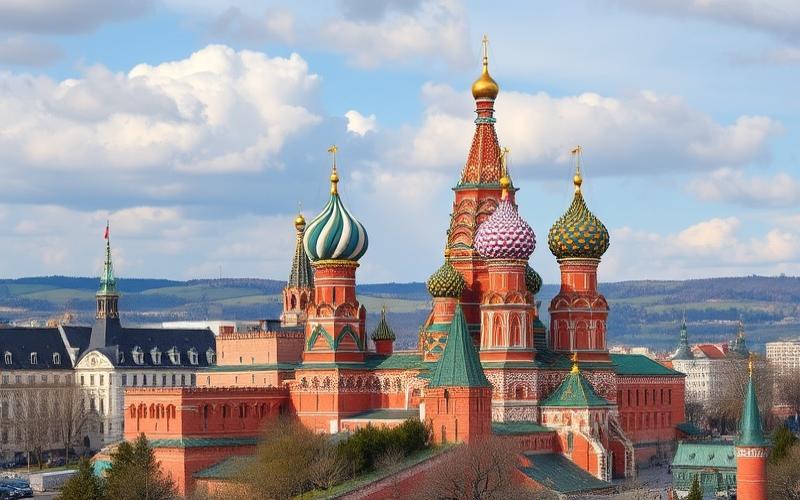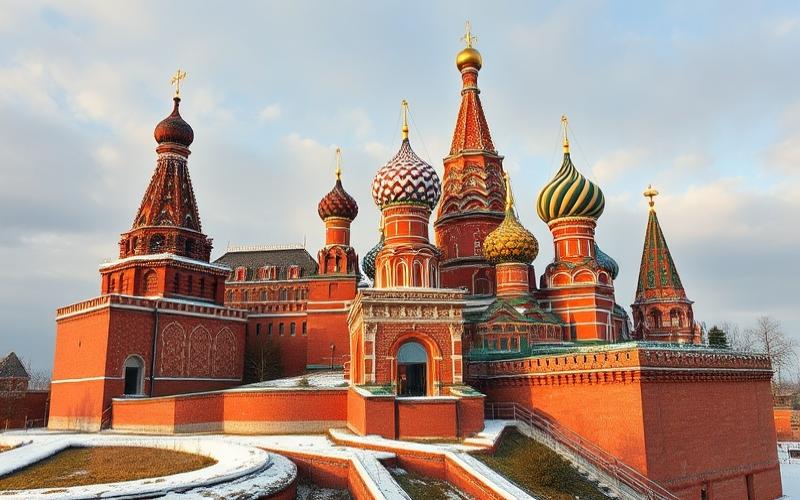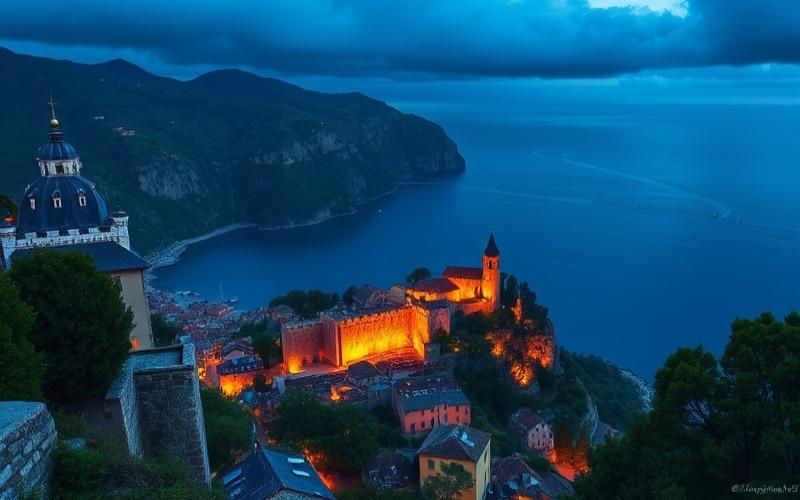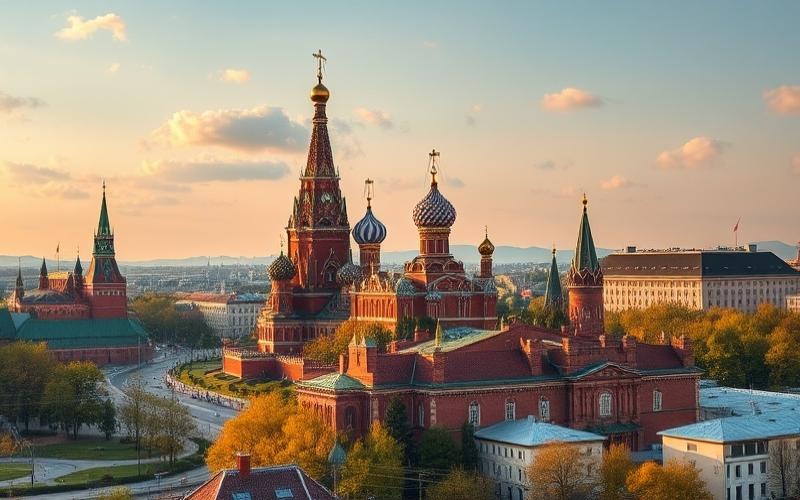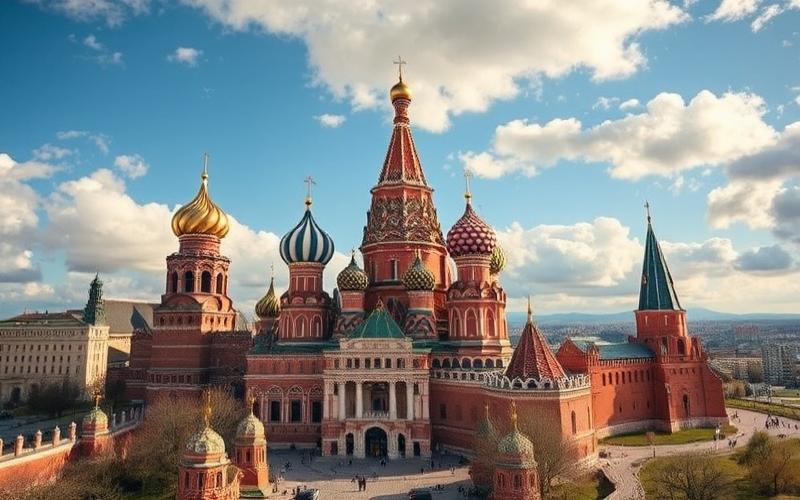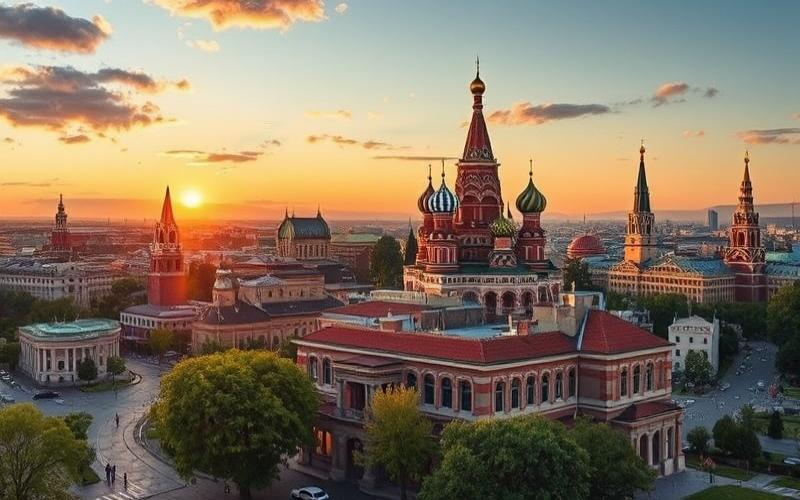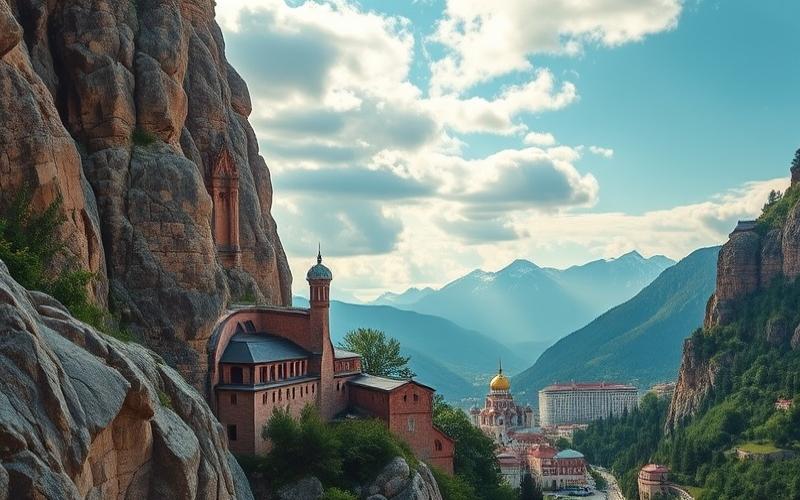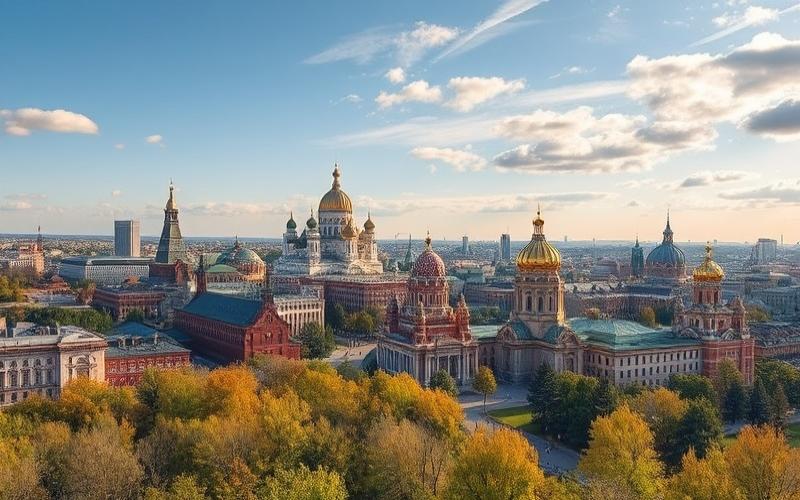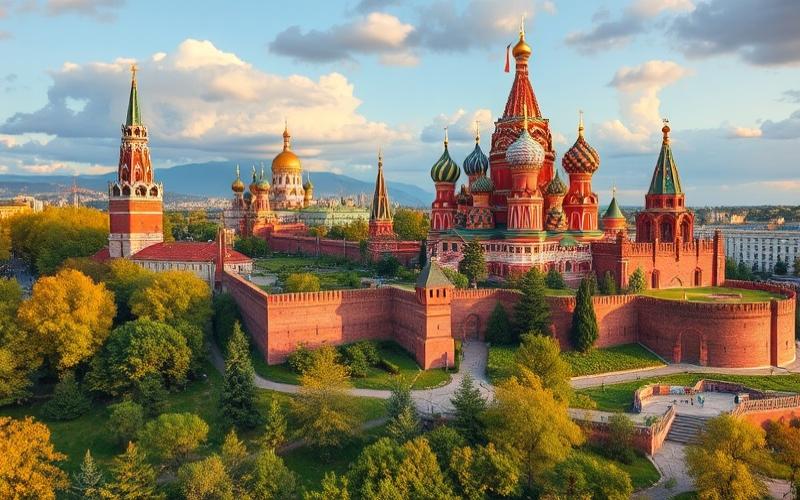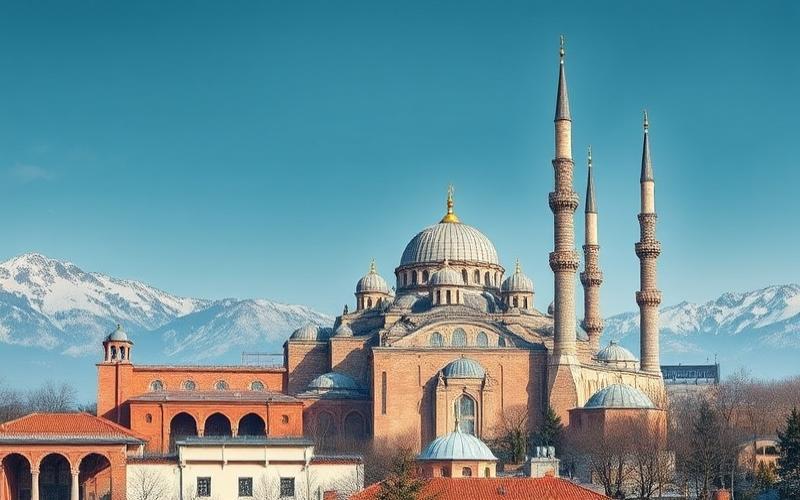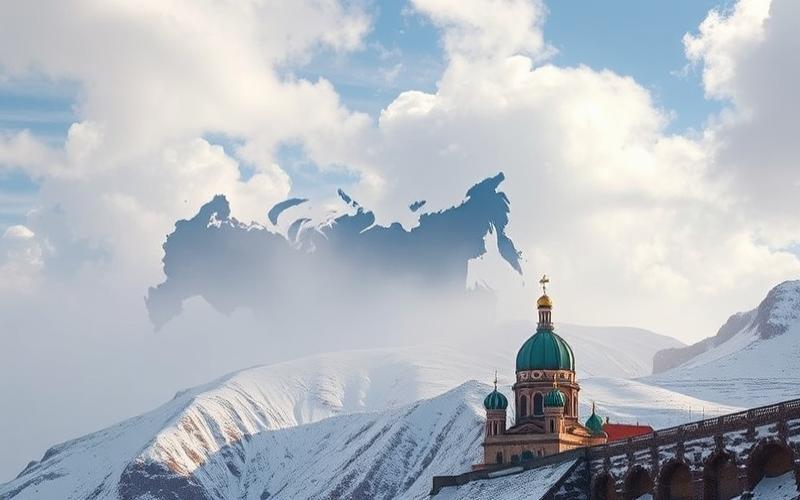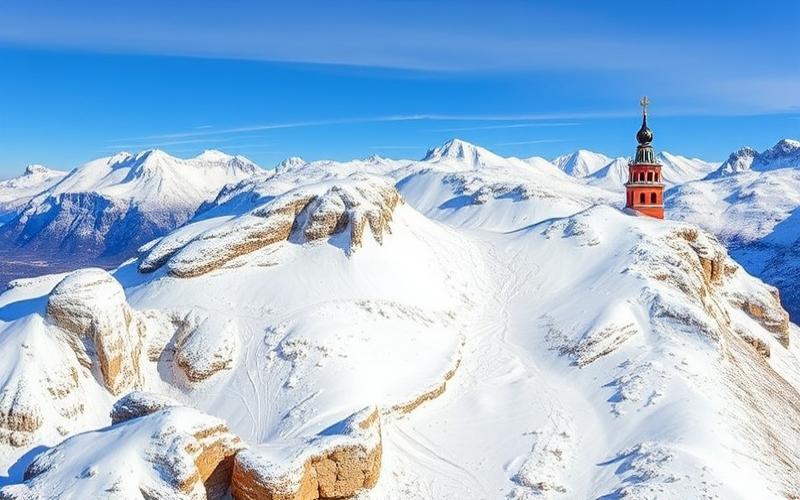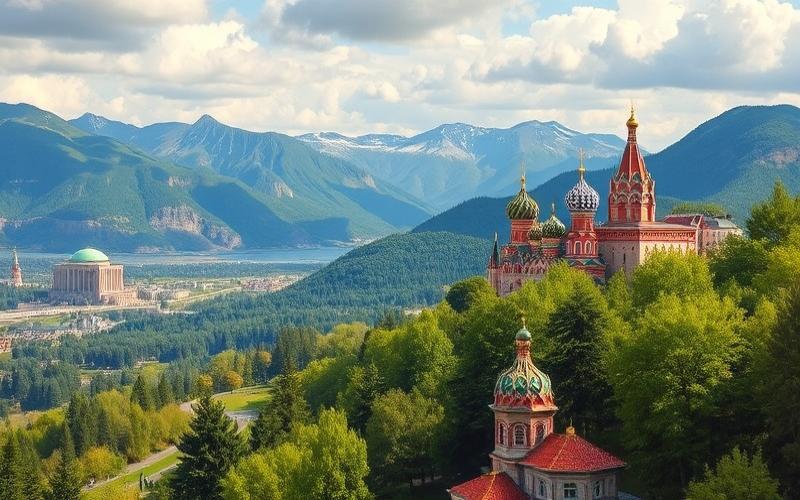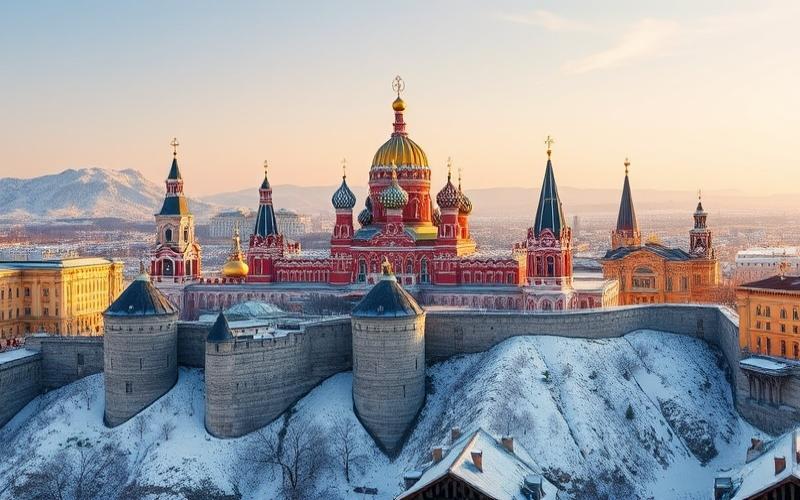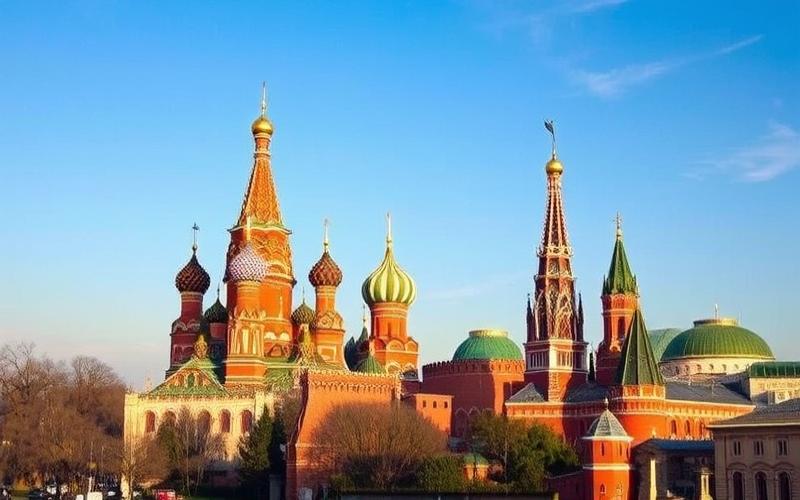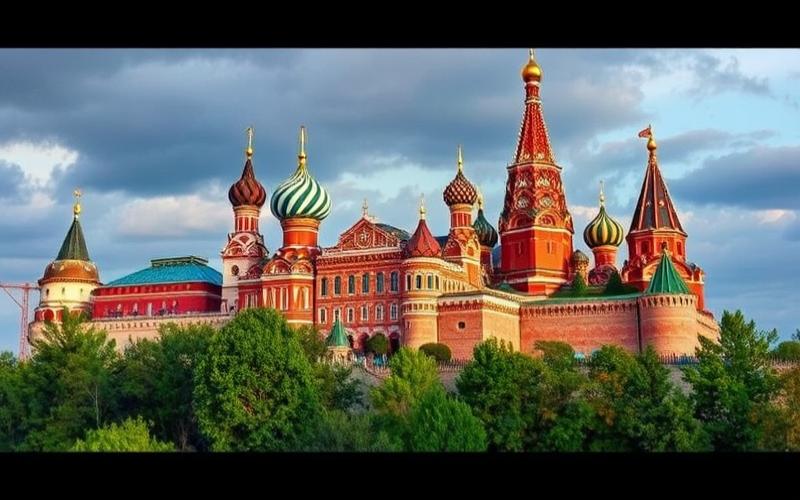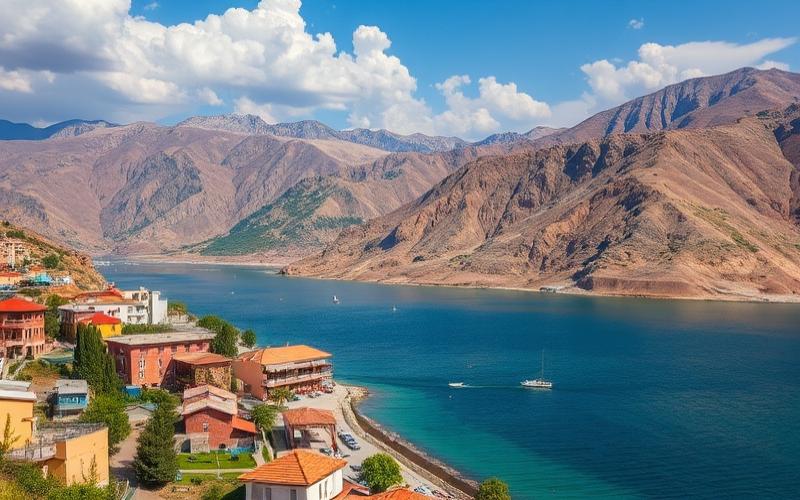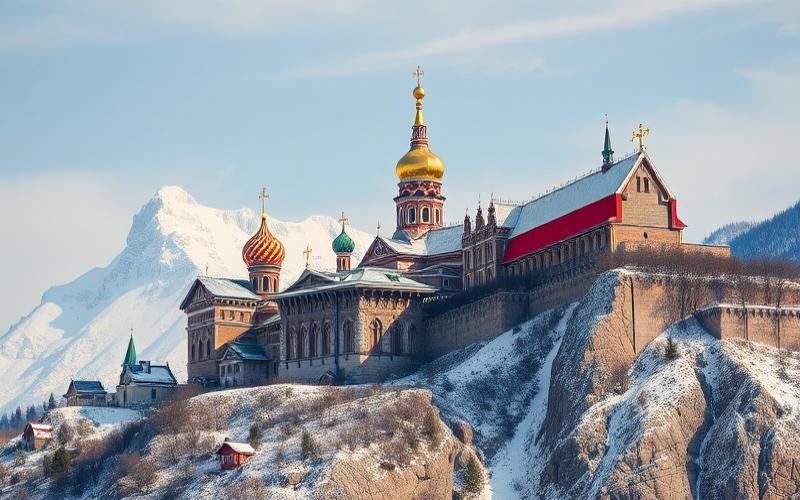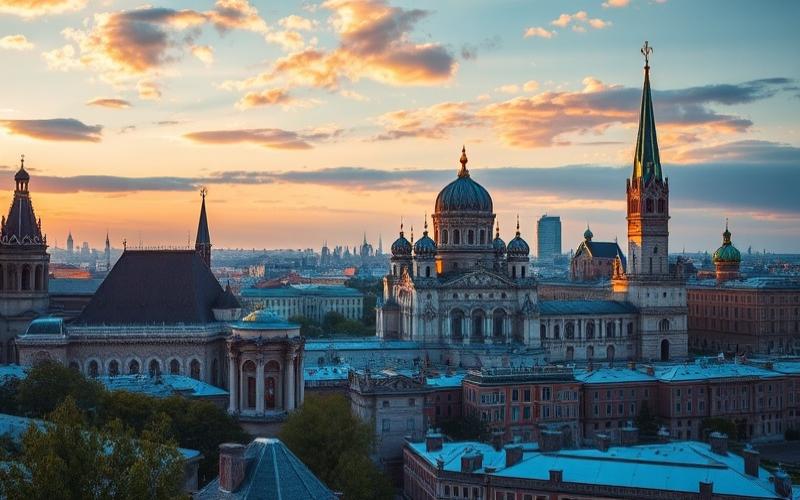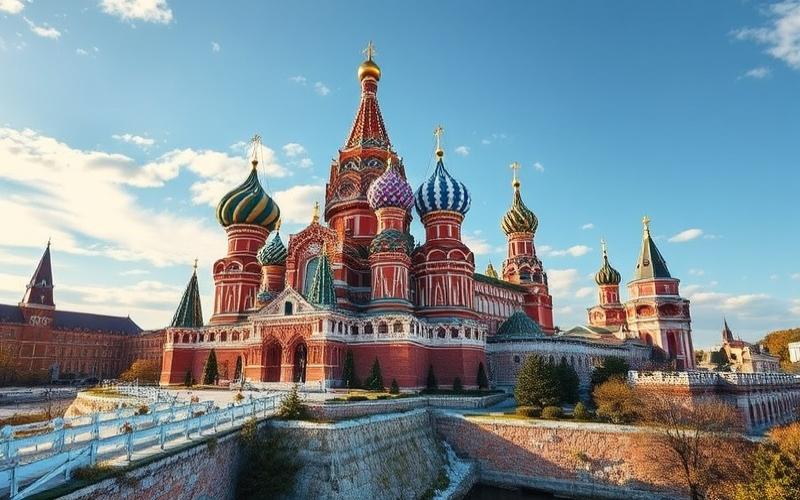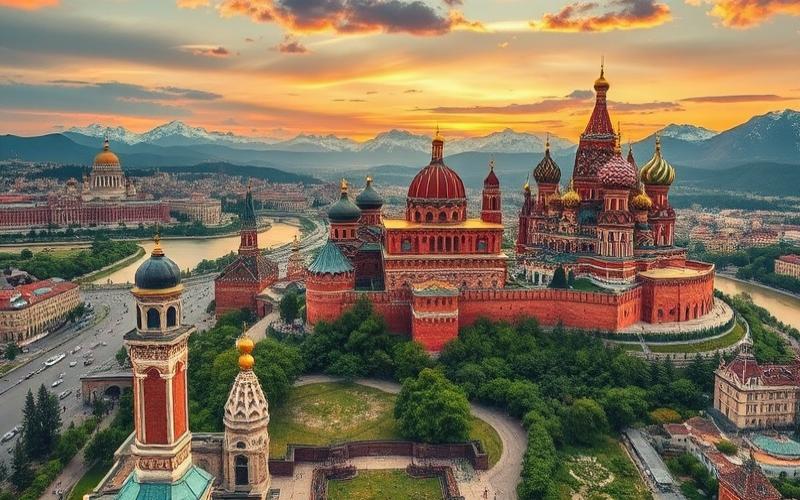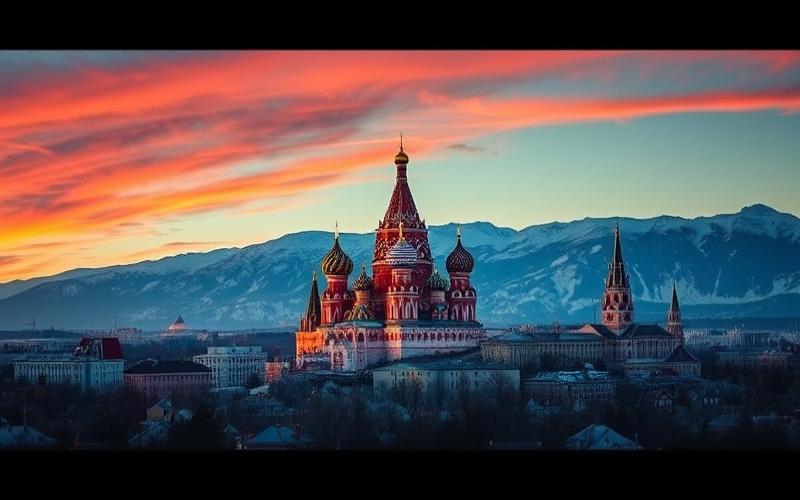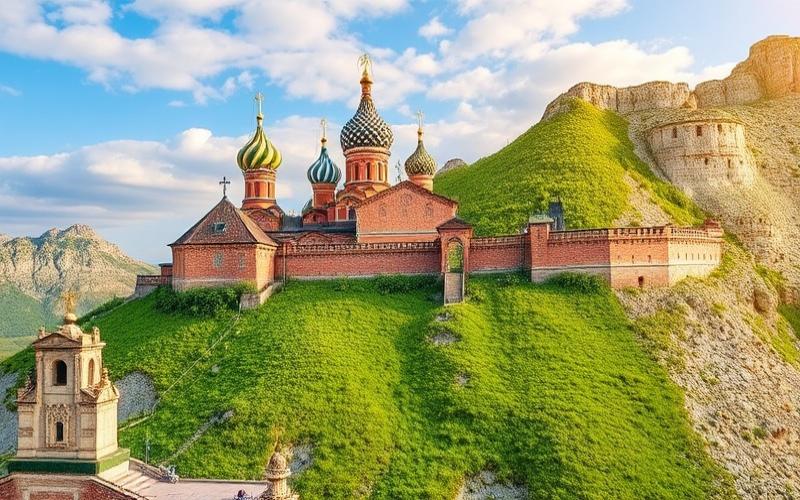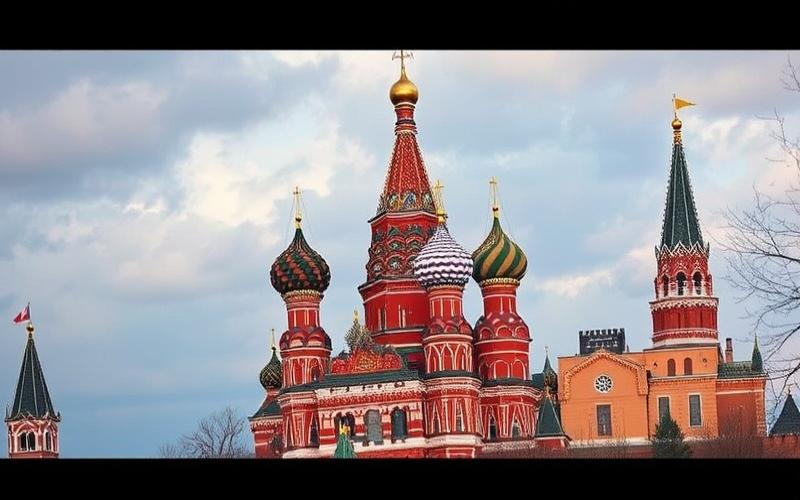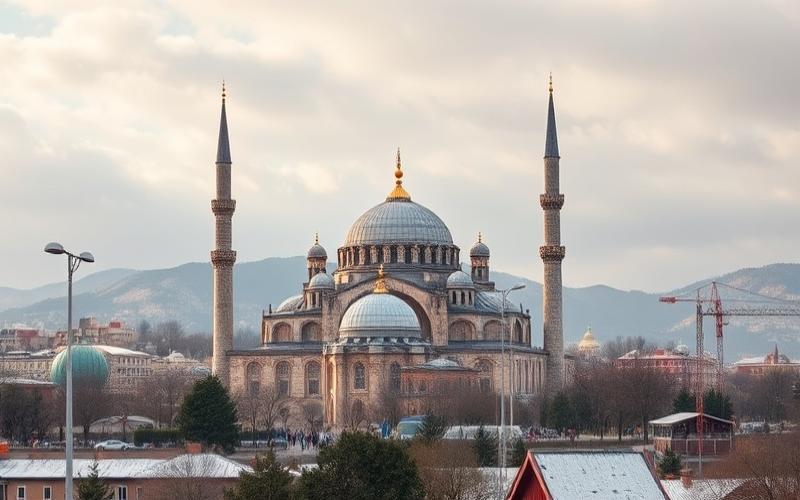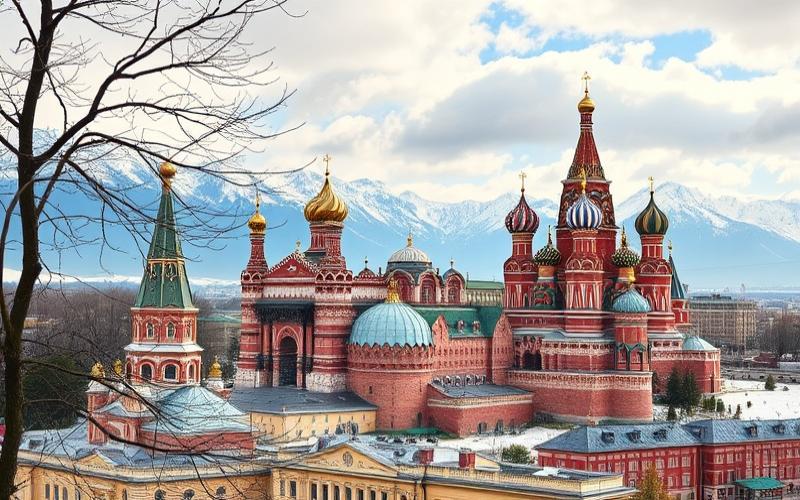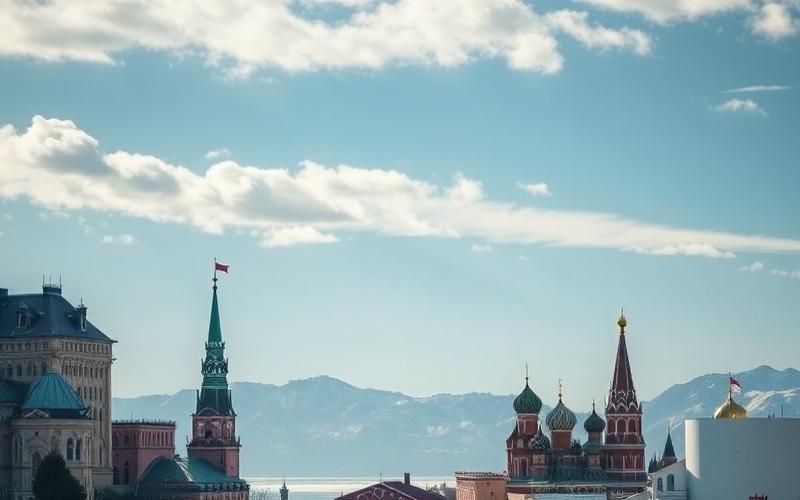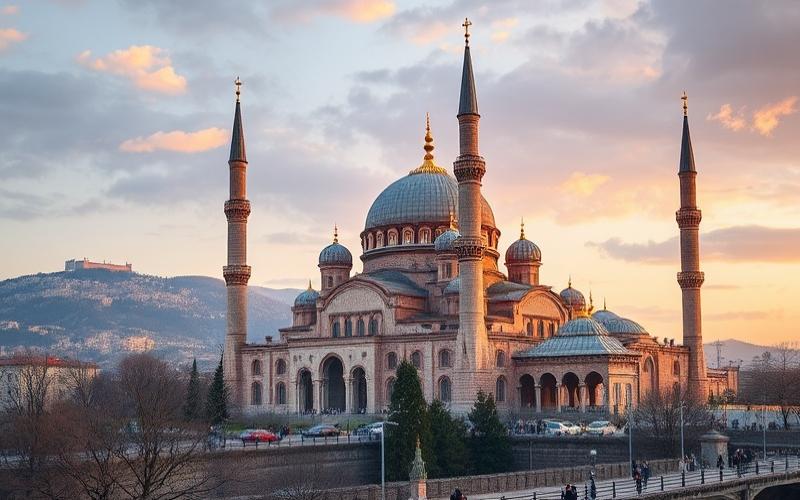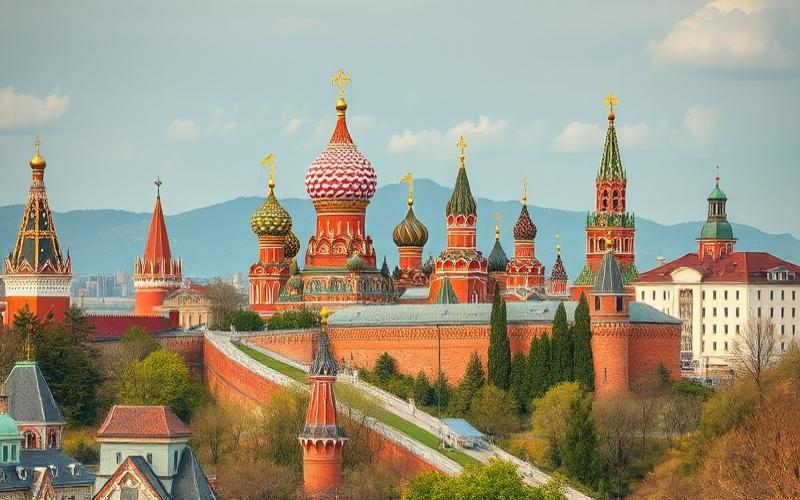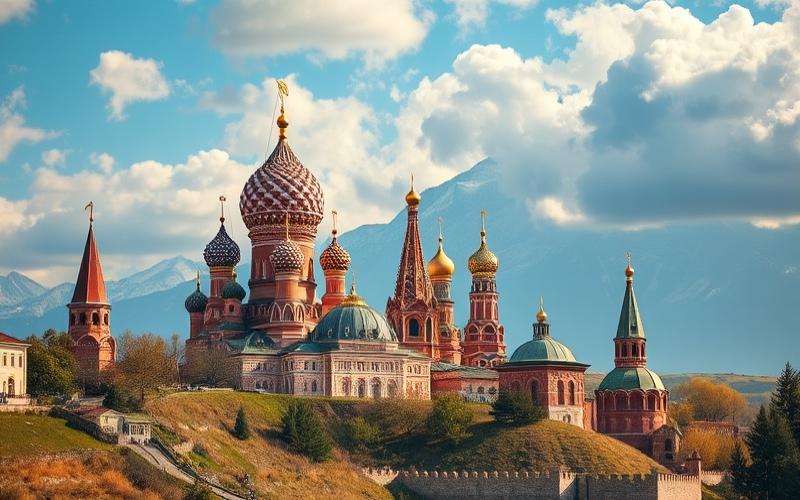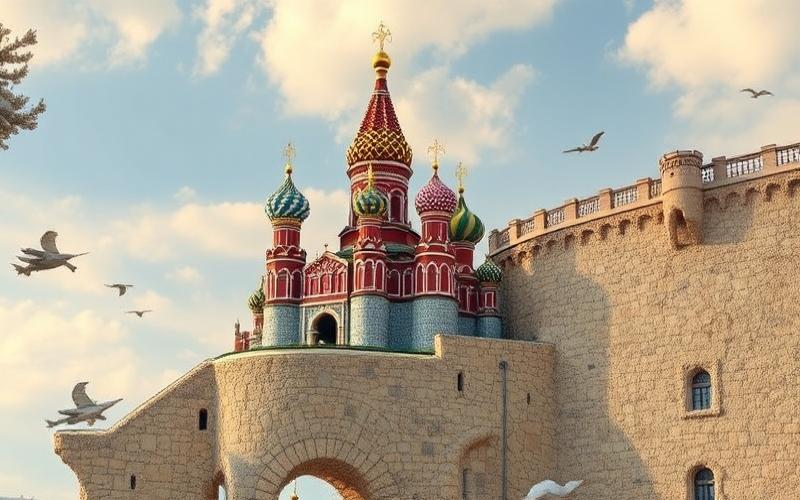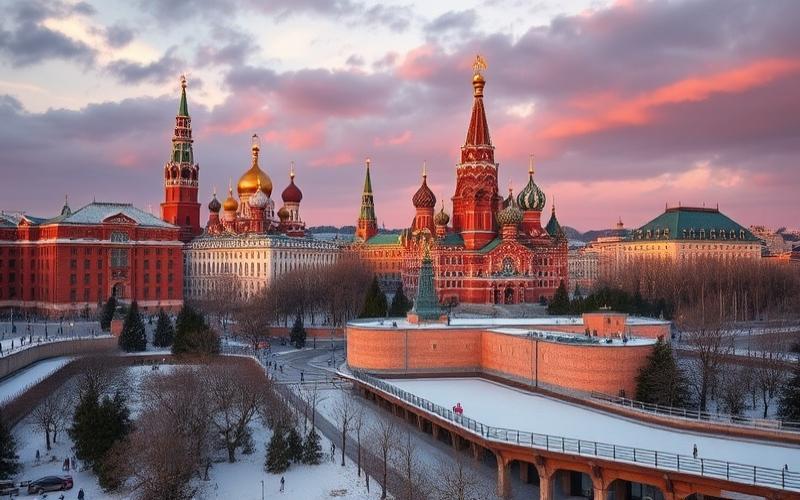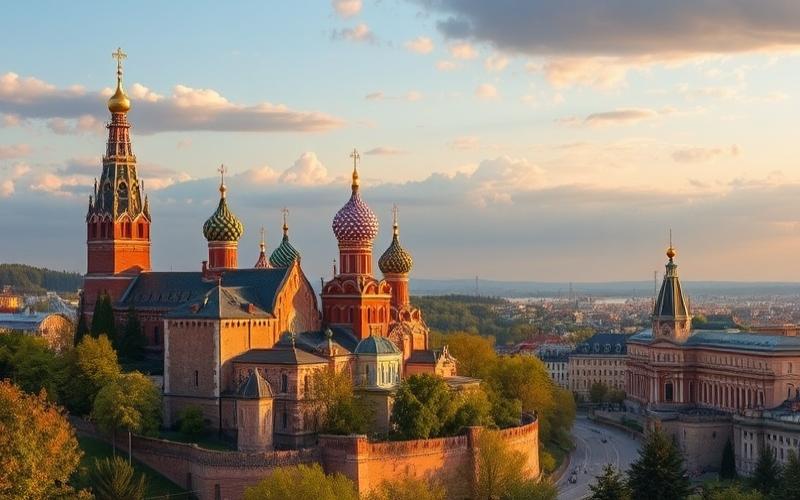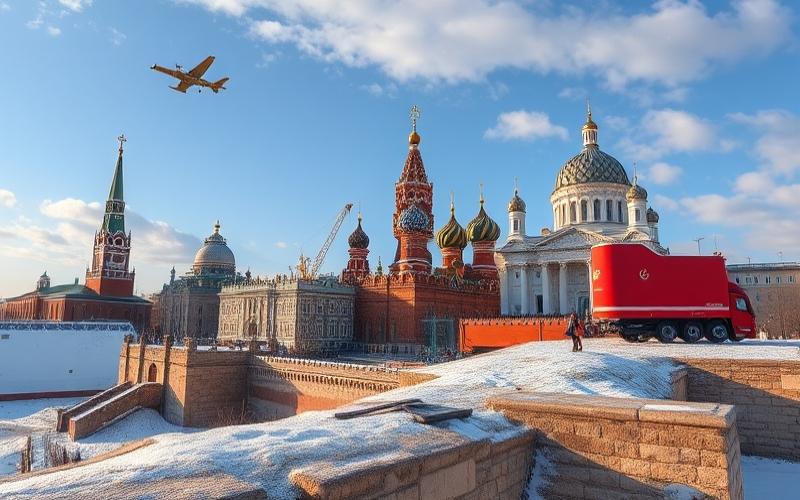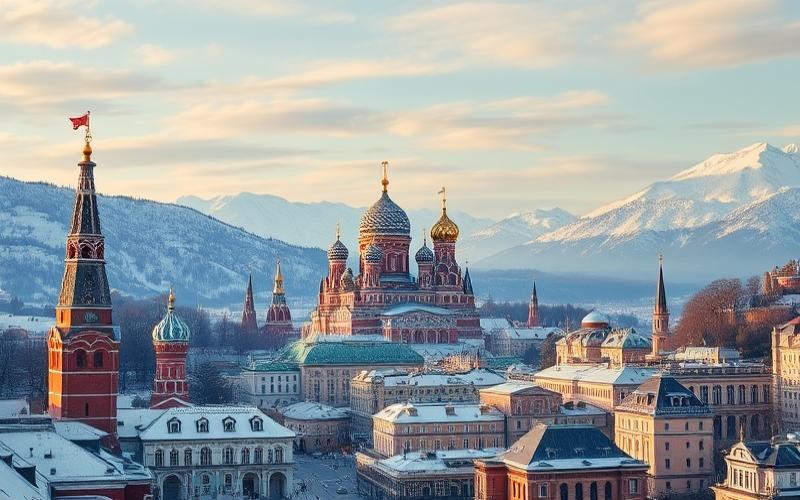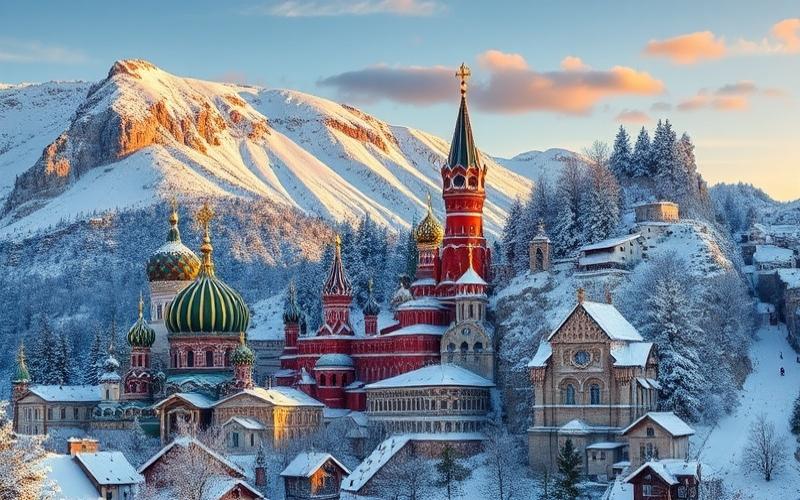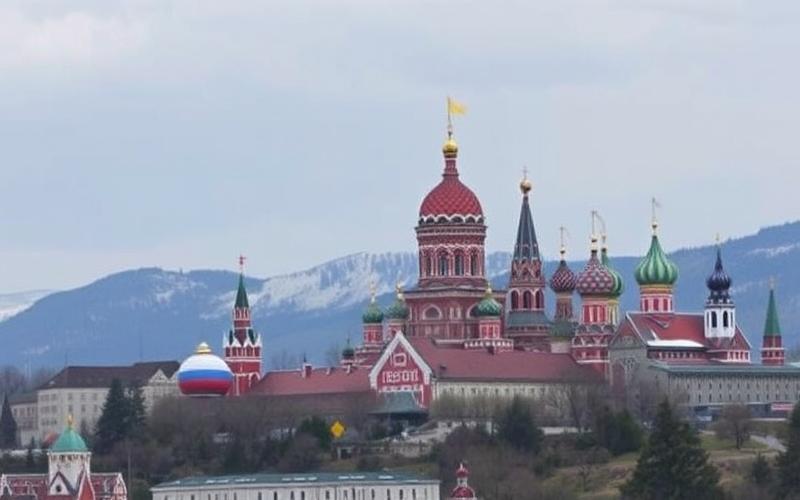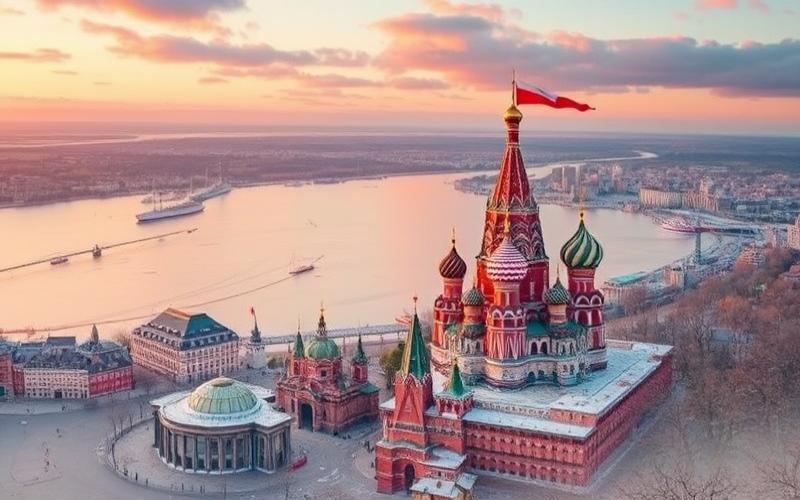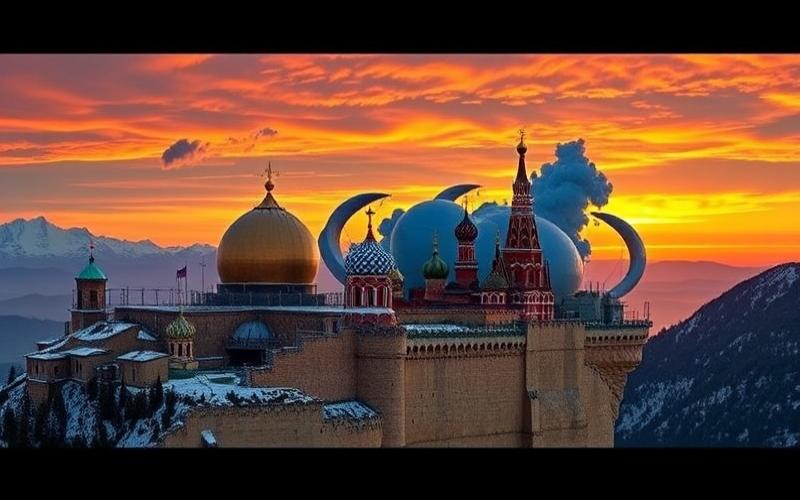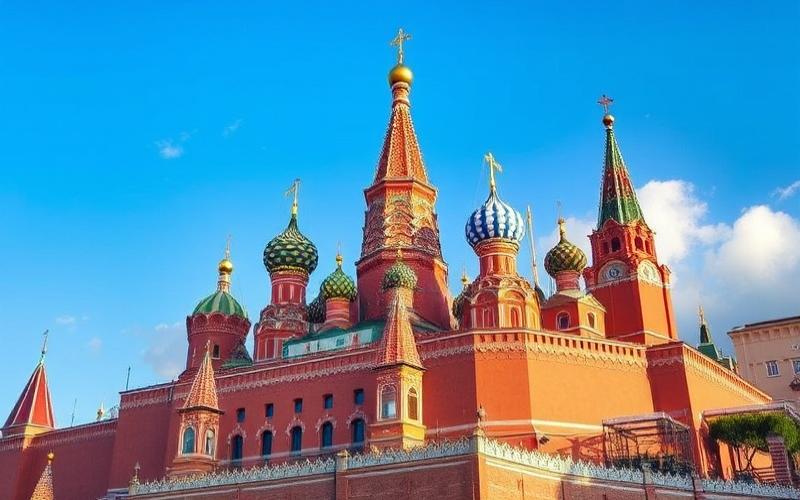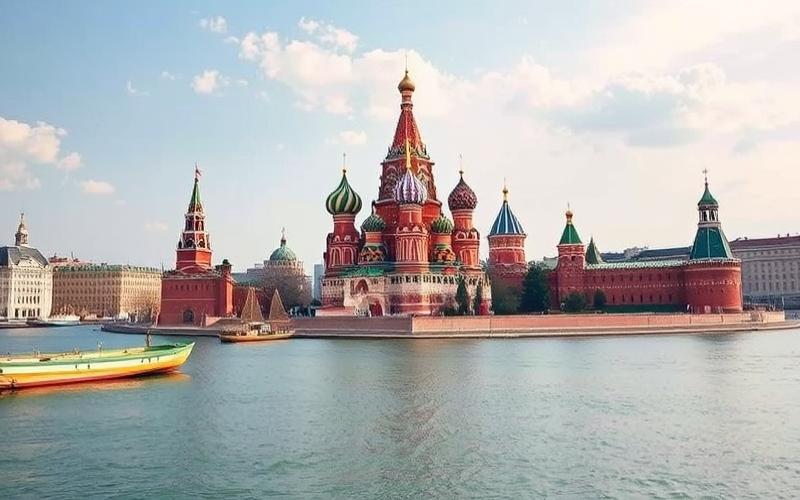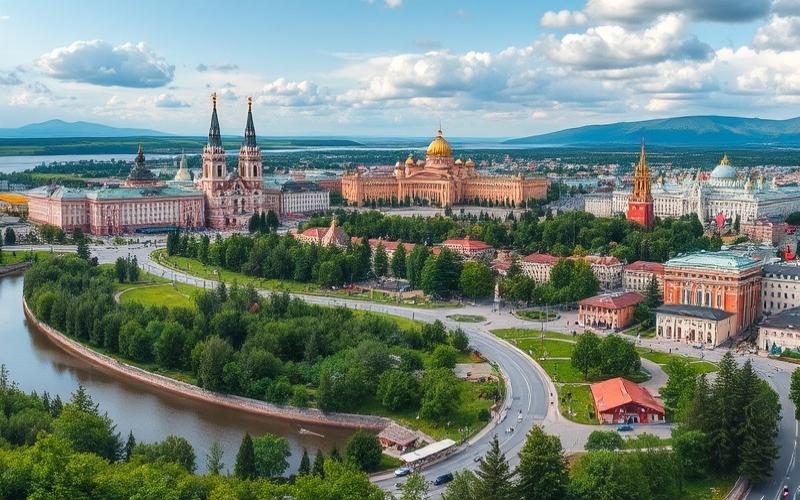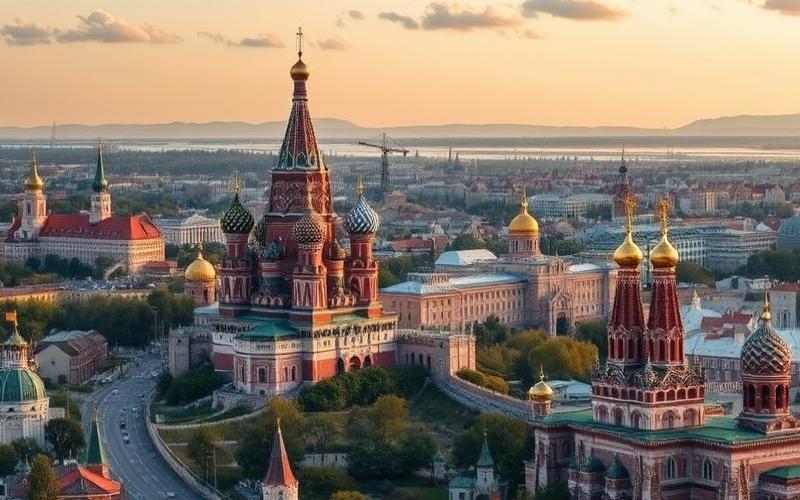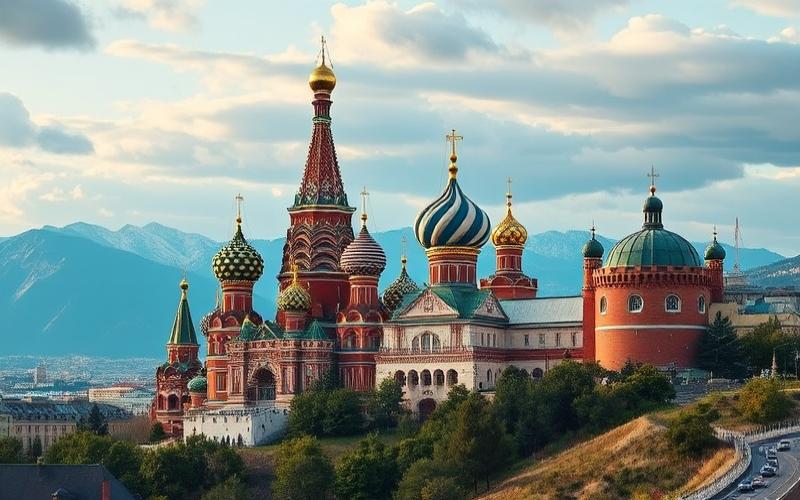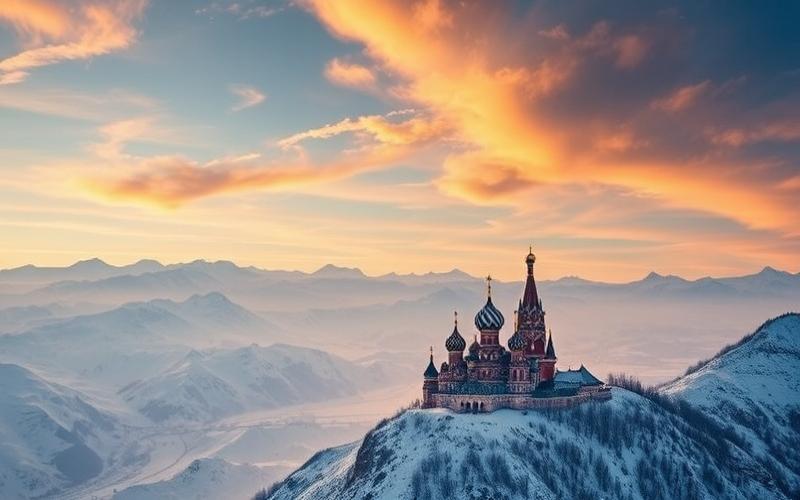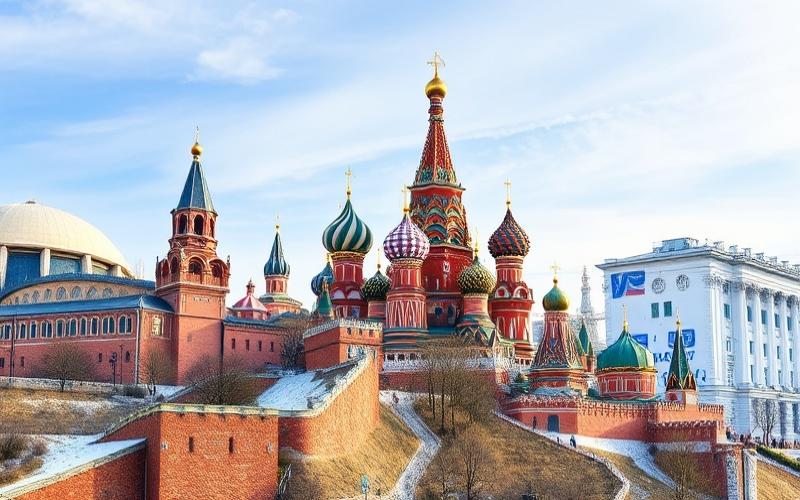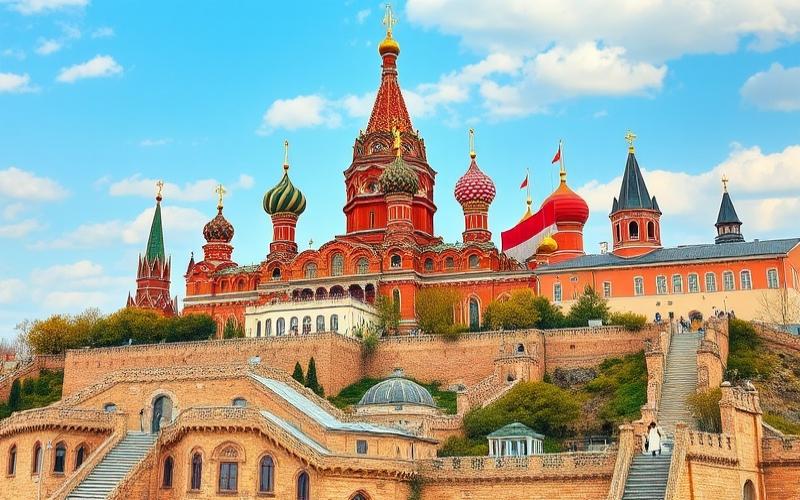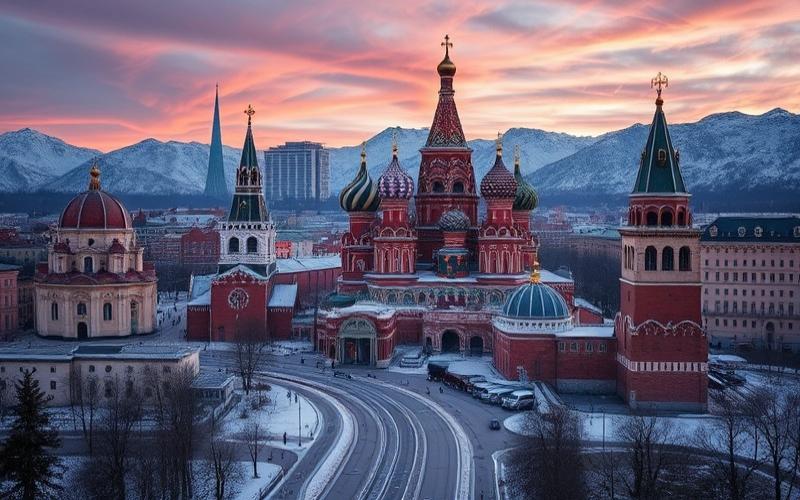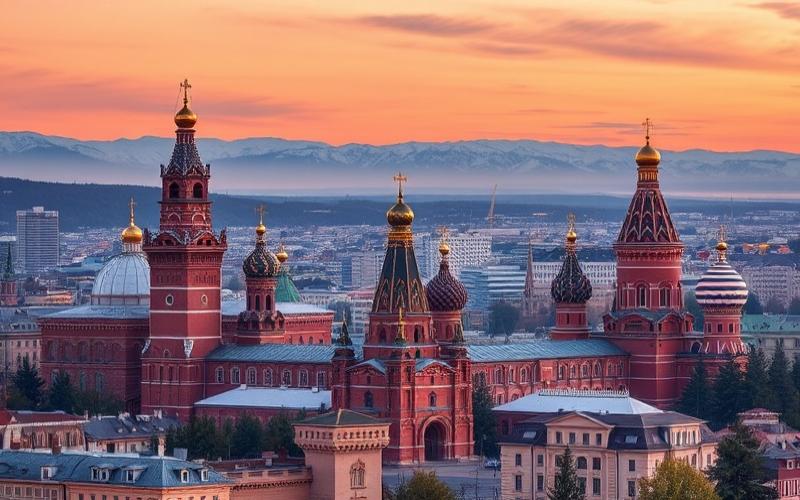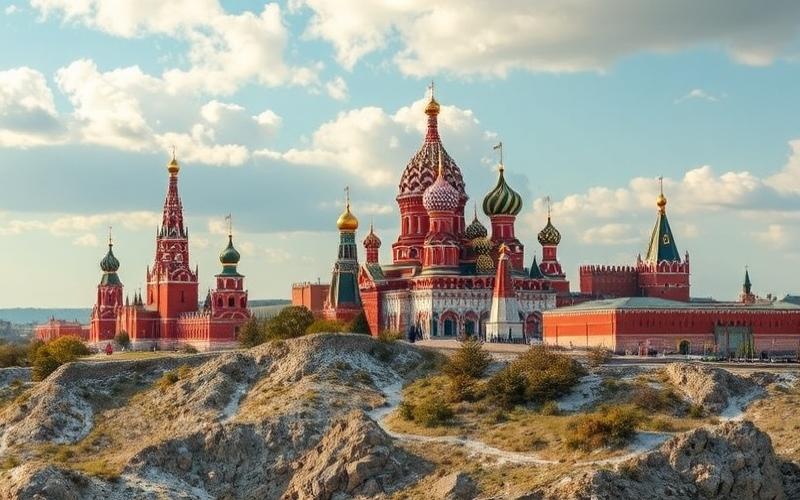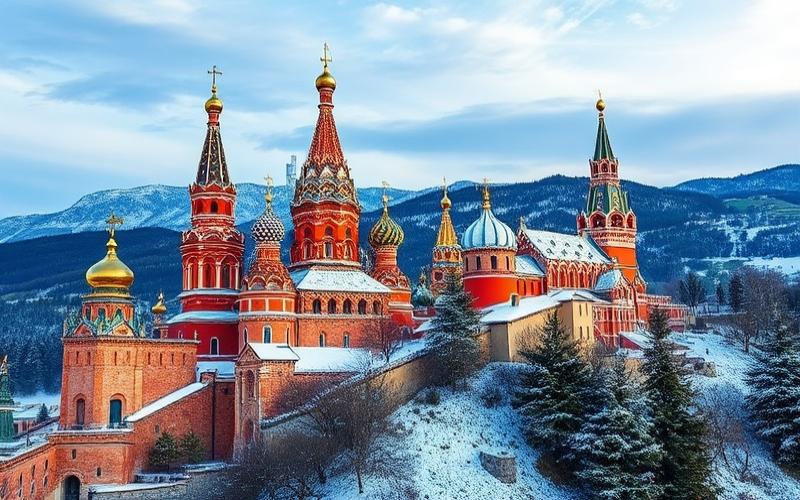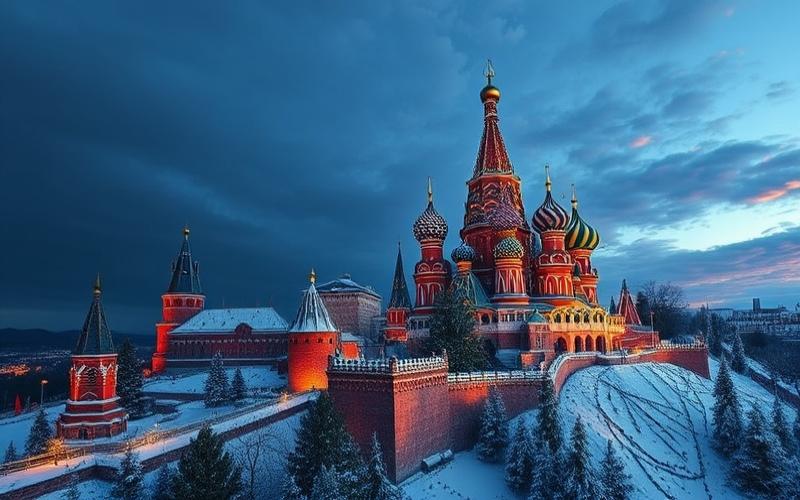
 Published on and written by Cyril Jarnias
Published on and written by Cyril Jarnias
Nestled at the crossroads of Europe and Asia, Russia stands out for its mosaic of beliefs, reflecting its rich and complex history. Across a vast territory where Christian, Muslim, Buddhist, and indigenous influences intertwine, this country offers a unique window into the diverse expressions of faith.
The capital, Moscow, proudly displays Orthodox cathedrals with golden domes, while the grand mosques of Kazan highlight the deep imprint of Islam. Regions like the Republic of Tuva reveal intriguing shamanic practices, showcasing the spiritual diversity flourishing in the far reaches of Siberia.
In every corner of the country, places of worship become sanctuaries where vibrant communities and fervent devotion meet, inviting exploration of the dynamic interactions between religion, culture, and identity.
Overview of Religions in Russia
The evolution of religions in Russia is rooted in a long history shaped by multiple influences. Before Christianization, the Eastern Slavs practiced Slavic polytheism, characterized by the worship of deities linked to nature, ancestors, and local folklore. Elements of Norse mythology also influenced these beliefs through the Varangians, Vikings who settled in Kievan Rus’.
In the 10th century, under the reign of Prince Vladimir of Kiev, the country underwent a major turning point with the adoption of Orthodox Christianity from Constantinople. This political and religious choice profoundly shaped Russian identity: an independent ecclesiastical organization by the 13th century, the development of a national liturgy, and a gradual detachment from the Byzantine model to establish a distinct Christian tradition.
From the 18th century until the Soviet era (20th century), the Orthodox Church played a central role in Russian society before facing severe repression under Stalin and an official policy of atheism. Since the 1990s and the fall of the USSR, there has been a notable resurgence of religious practices and a growing diversification of spiritual communities.
Major Religions Today:
| Religion | Estimated Proportion | Geographic Distribution | Cultural/Social Role |
|---|---|---|---|
| Orthodox Christianity | 40-50% | Majority in all regions; historic heart in Moscow/St. Petersburg | Strong national identity; official holidays; influence on public policies |
| Islam | 10-15% | Caucasus (Chechnya, Dagestan), Volga (Tatarstan) | Regional community cohesion; growing interfaith dialogue |
| Buddhism | ~1% | Buryatia (Eastern Siberia), Kalmykia | Mongolic ethnic heritage; local cultural valorization |
| Judaism | Significant minority | Major cities (Moscow, St. Petersburg) | Historical presence; recent cultural revival |
Iconic Places of Worship for Expatriate Communities
Russia is home to a great diversity of iconic places of worship that play a central role for expatriate communities, offering not only a spiritual space but also an essential social and cultural network.
| Place of Worship | City | Main Community | Architectural and Cultural Features |
|---|---|---|---|
| Cathedral of the Immaculate Conception | Moscow | Catholics (Polish, French, English) | Rare Gothic style in Moscow; masses in multiple languages; spiritual center for foreign Catholics |
| St. Andrew’s Anglican Church | Moscow | Anglicans (British) | Victorian architecture; returned to the English community by royal request |
| Choral Synagogue | Moscow | Russian and expatriate Jews | Oldest Moscow synagogue; history marked by persecution and recent restoration |
| Grand Choral Synagogue | St. Petersburg | Jews | Historic Jewish community center |
| Akhmad Kadyrov Mosque | Grozny | Muslims (Chechen and foreigners) | Monumental contemporary architecture |
| Ivolga Datsan | Buryatia | Mongolian Buddhists | Major Buddhist temple for the Asian diaspora |
| Temple of All Religions | Kazan | Multi-faith | Unique architectural complex combining 16 religious traditions |
Religious and Cultural Diversity
- The main religions represented in these places include Orthodox Christianity, Catholicism, Protestantism, Judaism, Islam, and Buddhism.
- The presence of Catholic churches like the Immaculate Conception allows Polish, French, or Italian expatriates to attend services in their native languages (Russian, Latin, English, French, Polish).
- Historic synagogues offer expatriate Jews a direct link to their cultural heritage despite a history marked by restrictions.
- Mosques such as the one in Grozny welcome Muslims from the Middle East or Central Asia.
- The Ivolga Datsan is at the heart of the Buddhist revival among Russian Mongols or those from neighboring countries.
Impact on Expatriates’ Social Life
Places of worship often serve as:
- Meeting points where strong social networks are woven among members of the same linguistic or religious community.
- Spaces to celebrate traditional national or religious holidays (Catholic Christmas in Polish/Italian/French, Jewish Passover with Hebrew songs…).
- Moral support: assistance during the loss of a loved one far from home or help with family integration.
Anecdotes / Testimonials
“We have masses in Russian, Latin, and of course in Polish, English, French. On Sundays, no fewer than eleven masses are held in the cathedral…” explains Father Kirill.
Andrei recounts finding in his parish a space where he can live his faith while preserving his Belarusian roots.
Some members also mention their involvement in the parish choir as a privileged way to meet other young people who have come to study or work in Moscow.
A British worshiper testifies: “After discovering that St. Andrew’s Anglican Church had been returned to our community thanks to an exceptional gesture by the Russian government following a royal request—I felt an unexpected sense of welcome here.”
Many rabbis confirm that the Choral Synagogue acts as a “true cultural crossroads,” where weekly classes on Russian Jewish history are organized along with festive meals open to newcomers.
In summary:
Moscow’s main temples—as well as those elsewhere—serve as essential identity markers to preserve specific liturgical traditions while creating a community dynamic conducive to intercultural sharing.
Good to Know:
The Moscow Choral Synagogue and the Moscow Cathedral Mosque are must-visit places where expatriates can find an essential cultural and religious support network. Russian Orthodox churches, although more local, also host various intercommunity events, thereby strengthening ties among different expatriate communities.
Religious Communities and Expatriate Integration
Main Religious Communities in Russia and Their Role
- Russian Orthodox Church: The majority, representing about 63 to 80% of the population, according to estimates. Its influence extends beyond the religious sphere to permeate Russian cultural and national identity. Orthodoxy is associated with family values, social stability, and support for public policies on moral and cultural issues.
- Islam: The country’s second religion, with about 10 to 17% of believers (between 10 and 25 million). Muslims are concentrated in the Volga-Ural region, the North Caucasus, and major cities like Moscow. Islam plays an important role in interfaith dialogue and maintaining social cohesion.
- Buddhism: A minority (0.07%, or between 700,000 and 1,500,000 practitioners), mainly present among peoples of Tibetan tradition in Buryatia or Kalmykia. Buddhists contribute to the country’s spiritual diversity.
- Judaism: Nearly 230,000 people identified as Jewish in the early 2000s; this number has since decreased but remains symbolic given Russian history. The Jewish community is culturally active, particularly in Moscow or St. Petersburg.
Welcoming and Supporting Expatriates
Large urban communities often have active organizations to welcome newcomers:
- Russian Orthodox parishes organizing guided tours of historic churches.
- Mosques offering language assistance to help navigate local administration.
- Synagogues providing social assistance to newly arrived families.
- Buddhist centers open for discovering their spiritual heritage.
Expatriates testify to having found a supportive network within local Muslim communities that facilitates access to housing or practical information. Some also report that participating in religious holidays has been a gateway to better cultural understanding—for example, during Orthodox Easter or Jewish Hanukkah.
Activities Promoting Integration
| Community | Activities Offered |
|---|---|
| Orthodox | Free Russian language classes |
| Open liturgical introductions | |
| Patron saint festivals accessible to non-believers | |
| Islam | Community meals during Ramadan |
| Intercultural workshops on tolerance | |
| Buddhism | Open group meditations |
| Public lectures | |
| Judaism | Festive celebrations (Sukkot/Hanukkah) |
Some parishes also offer legal assistance to help regularize one’s stay or facilitate daily life in Russia.
Challenges Faced by Expatriates
- Language barrier, especially outside major urban centers
- Initial difficulty accessing closed local networks
- Suspicion towards foreigners in some conservative religious contexts
Solutions are emerging:
- Establishment of multilingual help desks
- Creation of specific “open house” events
- Psychological support through interfaith associations
Joint initiatives by the Interreligious Council actively promote dialogue between spiritual traditions while fostering mutual respect, family support, and shared values—key elements that facilitate the lasting integration of expatriates into the Russian social fabric.
Collaborations Between Places of Worship & Local Organizations
Many partnerships exist:
- Cooperation with Russian charitable associations to distribute clothing/meals during major religious events
- Agreements with universities for their international students to participate in certain traditional celebrations
- Joint educational programs on living together
These collaborations strengthen both the sense of community and openness towards the broader civil society—highlighting the pluralistic richness offered today by the religious experiences of expatriates living in Russia.
Good to Know:
In Russia, the Russian Orthodox Church, Islam, Buddhism, and Judaism offer language classes and organize celebrations open to expatriates to facilitate their integration. Some expatriates report that mosques and synagogues closely collaborate with local organizations to overcome cultural integration challenges.
Disclaimer: The information provided on this website is for informational purposes only and does not constitute financial, legal, or professional advice. We encourage you to consult qualified experts before making any investment, real estate, or expatriation decisions. Although we strive to maintain up-to-date and accurate information, we do not guarantee the completeness, accuracy, or timeliness of the proposed content. As investment and expatriation involve risks, we disclaim any liability for potential losses or damages arising from the use of this site. Your use of this site confirms your acceptance of these terms and your understanding of the associated risks.

